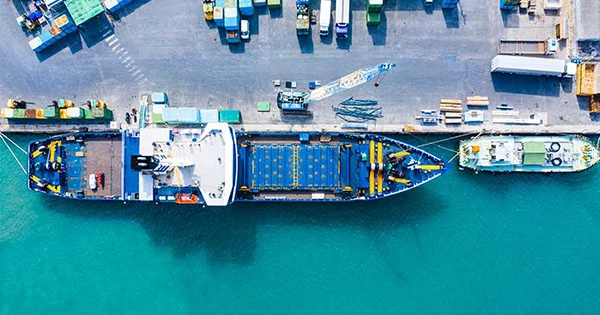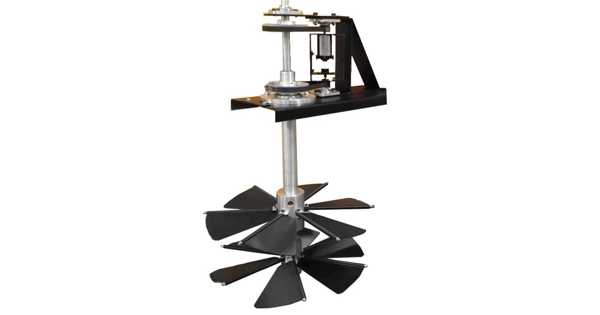In 2019, our former colleague Jon Shieber reported, “Investors are pouring money into Latin America’s logistics and shipping industries.” But, after a pandemic and global anger over fuel costs, it’s time for a rethink. Nowports (YC W19) is a nice place to start when comparing. The Mexican business had recently graduated from Y Combinator in February 2019, and was “setting itself up to be the Flexport of Latin America,” according to Shieber. Now, Nowports has secured $92.6 million in total capital, including a $60 million Series B round headed by Tiger.
Investors have been optimistic on freight forwarding all around the world, so there are plenty of examples like this. The epidemic aided the growth of logistics companies by highlighting the importance of supply networks. However, despite COVID-19’s decline, venture funding continues to come, according to current headlines. TechCrunch covered three freight-forwarding-related funding events earlier this month. Following a $260 million Series E financing, Seattle-based Convoy is now valued at up to $3.8 billion.
OnePort, a Nigerian company, has received a $5 million investment that would enable it to expand to three key African centers by the end of the year. DeltaX has its sights set on the Andean area in Latin America, with $1 million in the bank. Because the freight forwarding industry currently lacks transparency and efficiency, digitizing it is a worldwide problem. Latin American companies face a more difficult road ahead, but this pushes them to innovate and collaborate in novel ways.
There’s a lot more to copycats than that. The issue in Latin America isn’t only that freight forwarding is still highly analog; it’s also that it’s under-optimized. According to Mexican company BeGo, “trucking demand outpaces capacity in the region, although 40% of the time vehicles move empty” (YC W20). BeGo and Nowports, according to Jonathan Lewy, whose Investo fund financed them, represent the two primary models in the sector: marketplaces and freight forwarders. On the marketplace side, there’s CargoX in Brazil, and on the freight-forwarding side, there’s Nuvocargo. However, in Latin America, business models are frequently mixed, as Nuvocargo exemplifies.
















